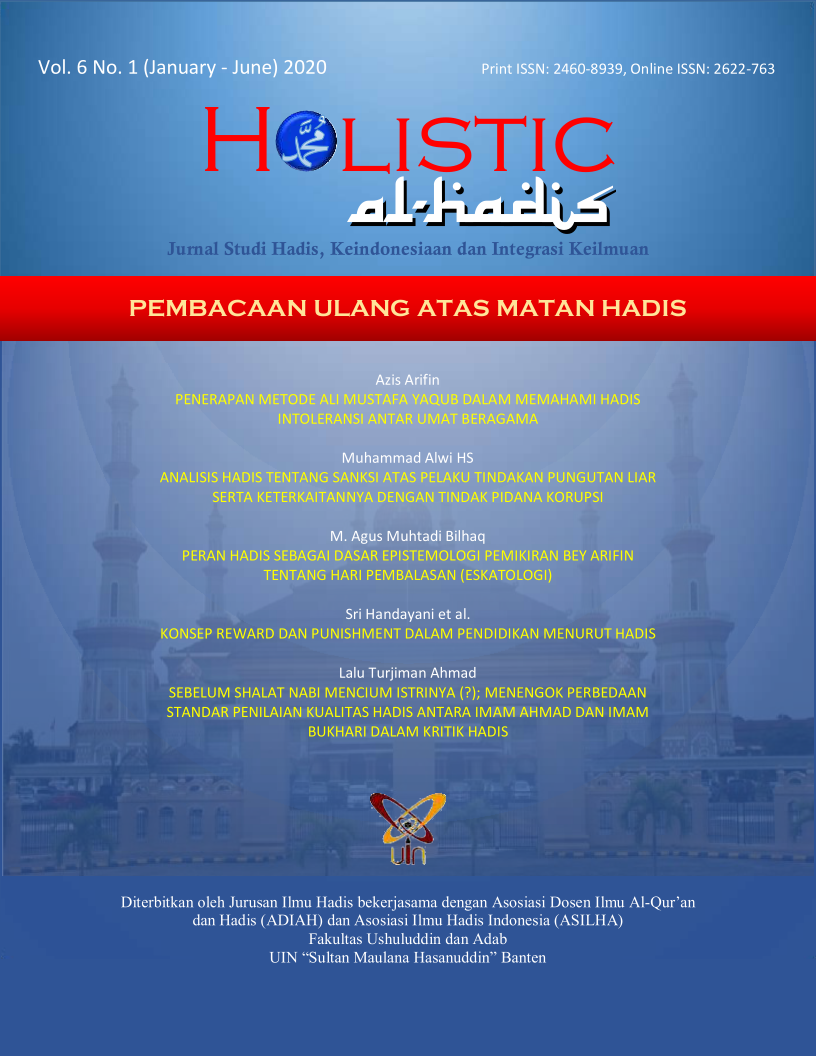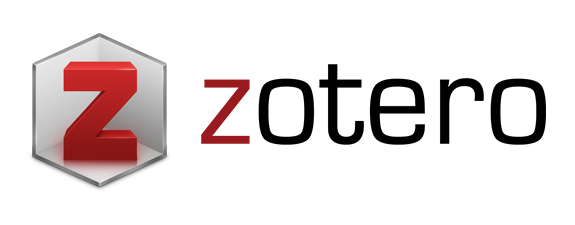Analisis Hadits tentang Sanksi atas Pelaku Tindakan Pungutan Liar serta Keterkaitannya dengan Tindak Pidana Korupsi
DOI:
https://doi.org/10.32678/holistic.v6i1.1077Keywords:
Hadis, Sanksi, Pungutan Liar, KorupsiAbstract
President Joko Widodo in tackling acts of bribery, finally issued Presidential Decree (Decree) number 87 Year 2016 About Clean Sweep Task Force on Illegal Payments. While in Islamic discourse, actually the act of illegal levies was known at the beginning of the development of Islam, this was later banned by the Prophet. By using the theory of takhrij, the author examines the hadiths related to illegal levies (al-Maks), using descriptive-analytic as the knife of analysis. From the various hadiths put forward, it can be said that acts of extortion include major sins, so that the perpetrator will not enter heaven, and he will go to hell. The severity of the sentence was caused by the act of illegal levies in which there was an element of injustice. As for the link between illegal levies and acts of corruption, that acts of illegal collection are part of acts of corruption in which there is an element of injustice. Both perpetrators of illegal levies and corruption, both of which are classified as people will not enter heaven.
Downloads
Downloads
Published
Issue
Section
License
Authors who publish with this journal agree to the following terms:
-
Authors retain copyright and grant the journal right of first publication with the work simultaneously licensed under a Creative Commons Attribution License that allows others to share the work with an acknowledgement of the work's authorship and initial publication in this journal.
-
Authors are able to enter into separate, additional contractual arrangements for the non-exclusive distribution of the journal's published version of the work (e.g., post it to an institutional repository or publish it in a book), with an acknowledgement of its initial publication in this journal.
-
Authors are permitted and encouraged to post their work online (e.g., in institutional repositories or on their website) prior to and during the submission process, as it can lead to productive exchanges, as well as earlier and greater citation of published work (See The Effect of Open Access).


















